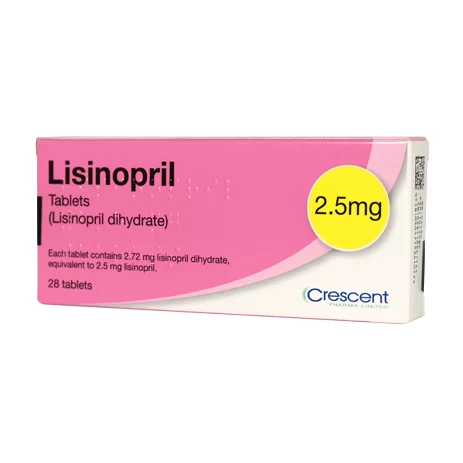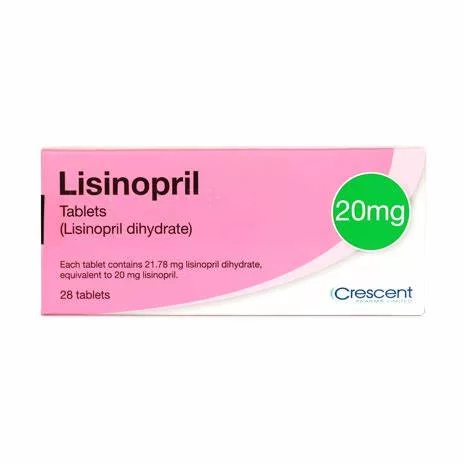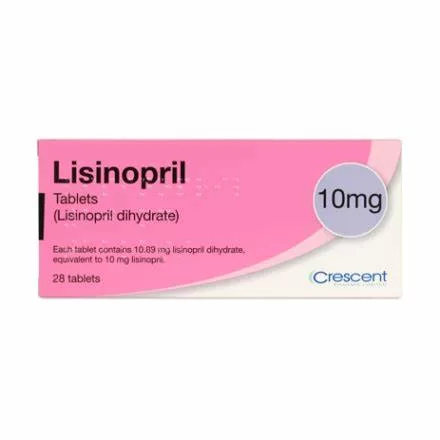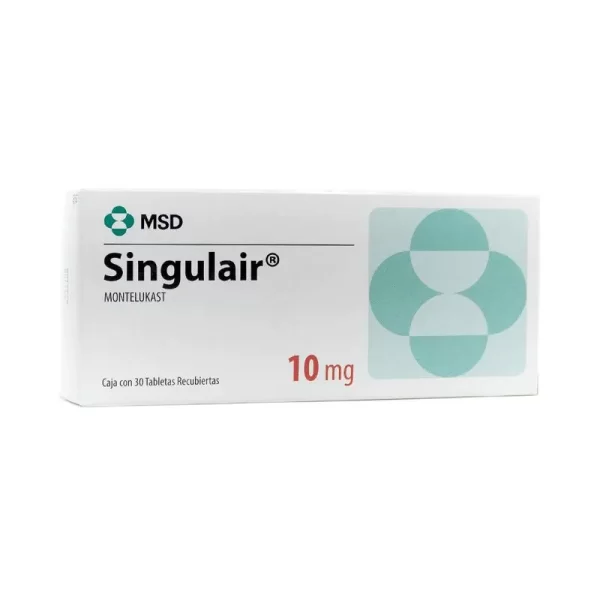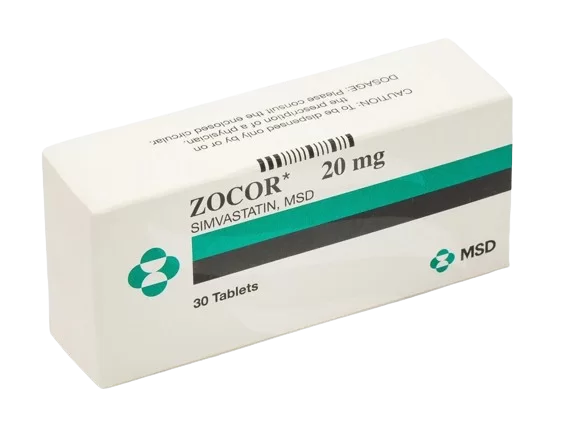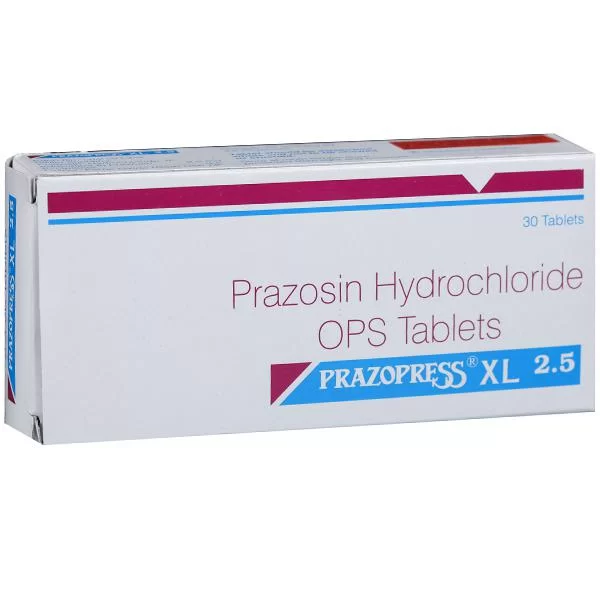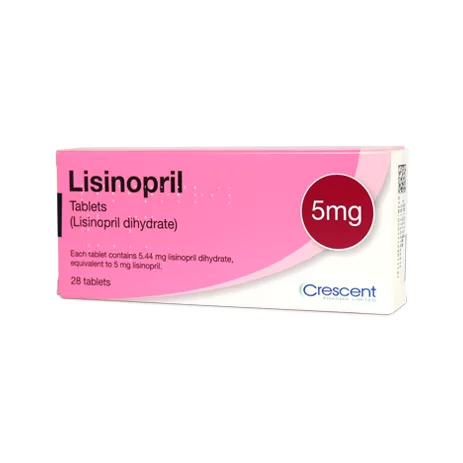
Lisinopril
Lisinopril - 10mg
| Product | Per Pill | Savings | Per Pack | Order |
|---|---|---|---|---|
| 60 pills | $1.14 | $68.45 | Buy Now | |
| 90 pills | $0.96 | $16.02 | $102.67 $86.65 | Buy Now |
| 120 pills | $0.87 | $32.03 | $136.89 $104.86 | Buy Now |
| 180 pills | $0.78 | $64.07 | $205.34 $141.27 | Buy Now |
| 270 pills | $0.73 | $112.11 | $308.00 $195.89 | Buy Now |
| 360 pills | $0.70 | $160.16 | $410.67 $250.51 | Buy Now |
Lisinopril - 5mg
| Product | Per Pill | Savings | Per Pack | Order |
|---|---|---|---|---|
| 90 pills | $0.70 | $63.06 | Buy Now | |
| 180 pills | $0.52 | $32.79 | $126.12 $93.33 | Buy Now |
| 270 pills | $0.46 | $65.59 | $189.19 $123.60 | Buy Now |
| 360 pills | $0.43 | $98.38 | $252.25 $153.87 | Buy Now |
| 90 pills | $0.49 | $44.11 | Buy Now | |
| 180 pills | $0.41 | $14.12 | $88.22 $74.10 | Buy Now |
| 270 pills | $0.39 | $28.23 | $132.33 $104.10 | Buy Now |
| 360 pills | $0.37 | $42.35 | $176.44 $134.09 | Buy Now |
Overview of Lisinopril
General Introduction to Lisinopril
- Lisinopril is an angiotensin-converting enzyme (ACE) inhibitor used primarily to treat high blood pressure (hypertension), congestive heart failure, and to improve survival after a heart attack. It was first approved for medical use in the late 1980s. Lisinopril works by relaxing blood vessels, allowing blood to flow more easily and the heart to pump more efficiently. It is available in tablet form and is usually taken once daily.
Key Benefits and Unique Properties of Lisinopril
- Blood Pressure Control: Effectively lowers high blood pressure, reducing the risk of strokes, heart attacks, and kidney problems.
- Heart Failure Management: Helps improve symptoms of heart failure and enhances the quality of life.
- Post-Heart Attack Recovery: Improves survival rates following a heart attack by reducing the workload on the heart.
- Renal Protection: Provides protective benefits for the kidneys, particularly in patients with diabetes.
- Once-Daily Dosing: Simplifies adherence with once-daily dosing.
Effectiveness of Lisinopril
- Clinical studies have shown that Lisinopril effectively reduces blood pressure and decreases the risk of cardiovascular events. It has proven benefits in reducing mortality and morbidity in patients with heart failure and post-myocardial infarction.
Safety and Tolerability of Lisinopril
- Lisinopril is generally well-tolerated, with common side effects including cough, dizziness, and headache. Serious side effects can include hyperkalemia, renal impairment, and angioedema. Regular monitoring and adherence to prescribed dosages help mitigate these risks.
Indications for Use of Lisinopril
Diseases and Conditions Treated by Lisinopril
- Lisinopril is indicated for the treatment of hypertension, congestive heart failure, and to improve survival after a myocardial infarction.
Primary Symptoms and Indications for Lisinopril
- Hypertension: Lowers high blood pressure, reducing the risk of cardiovascular complications.
- Heart Failure: Alleviates symptoms of heart failure, such as shortness of breath and fluid retention.
- Post-Myocardial Infarction: Enhances survival rates and reduces the risk of further heart attacks.
Dosage and Administration of Lisinopril
Recommended Dosage of Lisinopril
- The usual starting dose for hypertension is 10 mg once daily, which can be adjusted based on patient response. For heart failure, the starting dose is typically 5 mg once daily, with a maintenance dose ranging from 5 to 40 mg daily. After a heart attack, the recommended starting dose is 5 mg within 24 hours, followed by 5 mg after 24 hours and 10 mg daily thereafter.
Timing and Frequency of Lisinopril Administration
- Once Daily: Lisinopril should be taken once daily, preferably at the same time each day.
- With or Without Food: Can be taken with or without food.
Additional Recommendations for Lisinopril Use
- Proper Use: Follow the dosing instructions provided by a healthcare professional. Do not skip doses or discontinue use without consulting your healthcare provider.
- Missed Dose: If a dose is missed, take it as soon as remembered unless it is almost time for the next dose. Do not double the dose to make up for the missed one.
- Monitoring: Regular blood pressure and kidney function monitoring are recommended to ensure efficacy and safety.
Mechanism of Action of Lisinopril
Description of Lisinopril Mechanism
- Lisinopril works by inhibiting the angiotensin-converting enzyme (ACE), which is responsible for the conversion of angiotensin I to angiotensin II, a potent vasoconstrictor. This inhibition leads to decreased production of angiotensin II, resulting in vasodilation and reduced blood pressure.
Biochemical Processes Involving Lisinopril
- ACE Inhibition: Prevents the formation of angiotensin II, leading to vasodilation and reduced blood pressure.
- Reduction of Aldosterone Secretion: Decreases aldosterone secretion, reducing sodium and water retention, which helps lower blood pressure and reduce fluid overload in heart failure.
- Increased Bradykinin Levels: Increases bradykinin levels, which further contributes to vasodilation.
Physiological Effects of Lisinopril
- Blood Pressure Reduction: Lowers blood pressure by relaxing blood vessels.
- Heart Failure Improvement: Reduces symptoms of heart failure and improves cardiac function.
- Enhanced Kidney Protection: Provides renal protective effects, particularly beneficial in diabetic patients with hypertension.
Composition of Lisinopril
Active Ingredients in Lisinopril
- The active ingredient in Lisinopril is lisinopril.
Inactive Ingredients in Lisinopril
- Inactive ingredients may include calcium phosphate, magnesium stearate, mannitol, and other excipients depending on the formulation. These ingredients help stabilize the formulation and ensure proper delivery of the medication.
Side Effects of Lisinopril
General Introduction
- Understanding potential side effects helps ensure the safe use of Lisinopril. Patients should be aware of common and serious side effects to monitor their health effectively while on the medication.
Possible Side Effects of Lisinopril
- Common Side Effects: Cough, dizziness, headache, fatigue, and nausea.
- Less Common Side Effects: Hyperkalemia (high potassium levels), renal impairment, and low blood pressure.
- Serious Side Effects: Rare but serious side effects include angioedema (swelling of the face, lips, or throat) and severe allergic reactions. Immediate medical attention is required if any serious side effects occur.
Frequency and Severity of Lisinopril Side Effects
- Common side effects are generally mild and manageable with dose adjustments and supportive care. Severe side effects are rare but can be serious, necessitating immediate medical intervention. Regular follow-ups and patient education on correct usage can minimize risks.
Prevention of Side Effects of Lisinopril
General Introduction
- Preventing side effects is key to maximizing the therapeutic benefits of Lisinopril. By following preventive measures, patients can reduce the likelihood of experiencing adverse reactions.
Tips for Preventing Lisinopril Side Effects
- Proper Technique: Use Lisinopril as directed, following the instructions for proper administration.
- Hydration: Maintain adequate hydration to support overall health and reduce the risk of kidney issues.
- Regular Monitoring: Regular check-ups with healthcare providers can help detect and manage potential side effects early.
- Dietary Adjustments: Monitor potassium intake to prevent hyperkalemia.
- Consult Healthcare Providers: Inform your healthcare provider about any other medications or supplements to avoid potential interactions.
Contraindications for Lisinopril
General Introduction
- Understanding contraindications ensures the safe use of Lisinopril. Certain conditions and diseases may preclude the use of this medication.
Conditions and Diseases Contraindicating Lisinopril
- Angioedema: Contraindicated in patients with a history of angioedema related to previous ACE inhibitor therapy.
- Hypersensitivity: Patients with a known hypersensitivity to lisinopril or any of its components should not use this medication. Allergic reactions can include symptoms such as rash, itching, swelling, and difficulty breathing.
- Pregnancy: Contraindicated during pregnancy due to the risk of harm to the developing fetus.
- Severe Renal Impairment: Use with caution in patients with severe renal impairment, as it can exacerbate kidney problems.
Warnings/Precautions for Lisinopril
General Introduction
- Following precautions is essential to ensure the safe and effective use of Lisinopril. Patients should be informed about potential risks and how to mitigate them.
Important Warnings for Lisinopril
- Hyperkalemia Risk: Monitor potassium levels to detect and manage hyperkalemia.
- Renal Function Monitoring: Regularly monitor renal function, especially in patients with preexisting kidney conditions.
- Hypotension: Be cautious of low blood pressure, particularly in patients who are volume-depleted or on diuretics.
Precautions for Lisinopril Use
- Regular Monitoring: Regular check-ups with healthcare providers are essential to monitor for potential side effects and ensure effective treatment.
- Patient Education: Patients should be educated on the proper use of Lisinopril, recognizing signs of serious side effects, and when to seek medical help.
Missed Dose of Lisinopril
General Introduction
- Proper management of missed doses helps maintain effective treatment outcomes. Patients should be aware of how to handle missed doses to avoid disruptions in their treatment regimen.
Steps to Take if a Dose is Missed
- Timely Action: Take the missed dose as soon as remembered unless it is almost time for the next dose.
- Avoid Doubling: Do not double the dose to make up for the missed one. Instead, continue with the next dose as scheduled.
Tips for Adherence to Dosing Schedule
- Set Reminders: Use alarms or reminders on your phone to remember to take your doses.
- Consistent Routine: Take the medication at the same time every dayto reduce the likelihood of missing a dose.
- Medication Organizer: Use a pill organizer to keep track of your doses and avoid missing any.
Drug Interactions with Lisinopril
General Introduction
- Understanding drug interactions is crucial for ensuring the safe use of Lisinopril. Some medications can affect the action of Lisinopril or increase the risk of side effects.
Examples of Drug Interactions
- Potassium-Sparing Diuretics: Concurrent use with potassium-sparing diuretics (e.g., spironolactone) can increase the risk of hyperkalemia.
- NSAIDs: Nonsteroidal anti-inflammatory drugs (e.g., ibuprofen) can reduce the antihypertensive effect of Lisinopril and increase the risk of renal impairment.
- Lithium: Lisinopril can increase lithium levels, leading to lithium toxicity.
- Diuretics: Combining Lisinopril with diuretics can lead to excessive blood pressure reduction and increase the risk of hypotension.
Preventing Negative Interactions
- Inform Healthcare Providers: Inform your healthcare provider about all medications and supplements you are taking.
- Monitor for Symptoms: Watch for signs of side effects or unusual reactions and report them to your healthcare provider promptly.
Overdose of Lisinopril
Symptoms of Overdose
- Common Symptoms: Overdose can lead to symptoms such as severe dizziness, fainting, and significantly low blood pressure.
- Severe Symptoms: Severe overdose may result in symptoms like shock, kidney failure, and hyperkalemia.
Immediate Actions in Case of Overdose
- Seek Medical Help: Immediately seek medical attention if an overdose is suspected.
- Supportive Measures: Medical personnel may provide supportive measures such as monitoring vital signs, administering intravenous fluids, and other symptomatic treatments.
Pharmacokinetics of Lisinopril
Absorption
- Rate and Extent: Lisinopril is well absorbed after oral administration, with peak plasma concentrations occurring within 7 hours.
Distribution
- Tissue Distribution: Lisinopril is distributed in body tissues, with minimal binding to plasma proteins.
Metabolism
- Metabolic Pathways: Lisinopril is not significantly metabolized and is excreted unchanged in the urine.
Elimination
- Excretion: Primarily excreted by the kidneys. The elimination half-life of Lisinopril is approximately 12 hours.
Dosage Forms of Lisinopril
Available Forms and Strengths
- Oral Tablets: Available in various strengths, including 2.5 mg, 5 mg, 10 mg, 20 mg, and 40 mg.
Advantages of Different Forms
- Oral Tablets: Convenient for daily management of hypertension and heart failure, ensuring consistent blood pressure control.
Pregnancy and Breastfeeding
Safety During Pregnancy
- Risks to Fetus: Lisinopril is contraindicated during pregnancy due to the risk of fetal harm, particularly in the second and third trimesters.
- Recommendations: Women of childbearing age should use effective contraception while taking Lisinopril and consult their healthcare provider immediately if they become pregnant.
Safety During Breastfeeding
- Excretion in Breast Milk: Lisinopril is excreted in breast milk in small amounts. The effects on a nursing infant are unknown.
- Recommendations: Consult a healthcare provider before using Lisinopril while breastfeeding.
Storage Conditions
General Storage Recommendations
- Storage Temperature: Store at room temperature between 20°C to 25°C (68°F to 77°F).
- Protection from Light and Moisture: Keep in the original packaging, protected from light and moisture.
Shelf Life
- Expiration Date: Check the expiration date on the package and do not use the medication after it has expired.
Clinical Trials and Efficacy
Overview of Clinical Trials
- Study Design and Methods: Clinical trials include randomized controlled trials assessing the efficacy and safety of Lisinopril in treating hypertension, heart failure, and post-myocardial infarction.
Key Findings and Conclusions
- Efficacy Results: Studies have shown that Lisinopril effectively lowers blood pressure, reduces the risk of cardiovascular events, and improves survival rates in patients with heart failure and post-myocardial infarction.
- Safety Profile: Side effects are generally manageable with dose adjustments and monitoring. Serious side effects are rare when used correctly.
Conclusion
Summary of Key Aspects:
- Lisinopril is a valuable medication for managing hypertension, heart failure, and post-myocardial infarction. It offers significant benefits in blood pressure control, heart failure management, and improving survival rates after a heart attack.
Recommendations for Improving Therapy:
- Follow healthcare professional instructions, adhere to prescribed dosages, and attend regular check-ups to optimize treatment and minimize side effects. Monitoring and adjusting lifestyle factors, such as diet and exercise, can further enhance the therapeutic benefits.
Final Conclusion:
- Lisinopril provides essential support in managing hypertension and heart failure, helping to improve the quality of life for patients. Proper use and adherence to precautions maximize the therapeutic benefits and minimize risks, offering substantial improvements in patient health and well-being.
